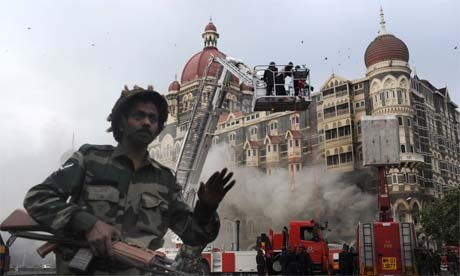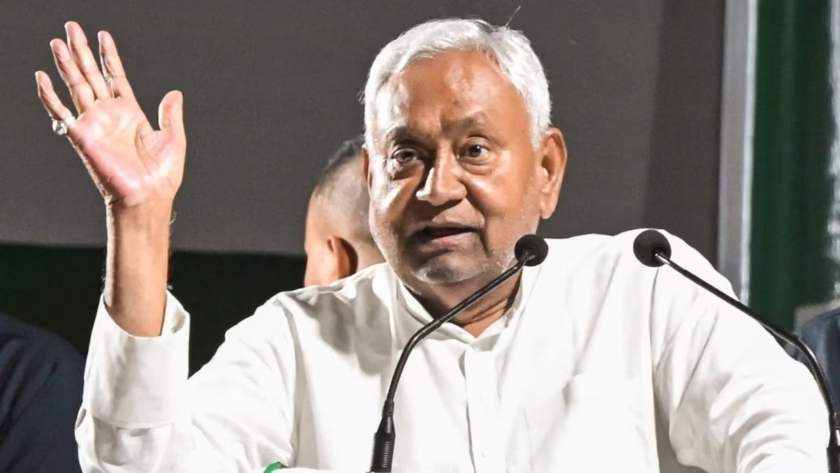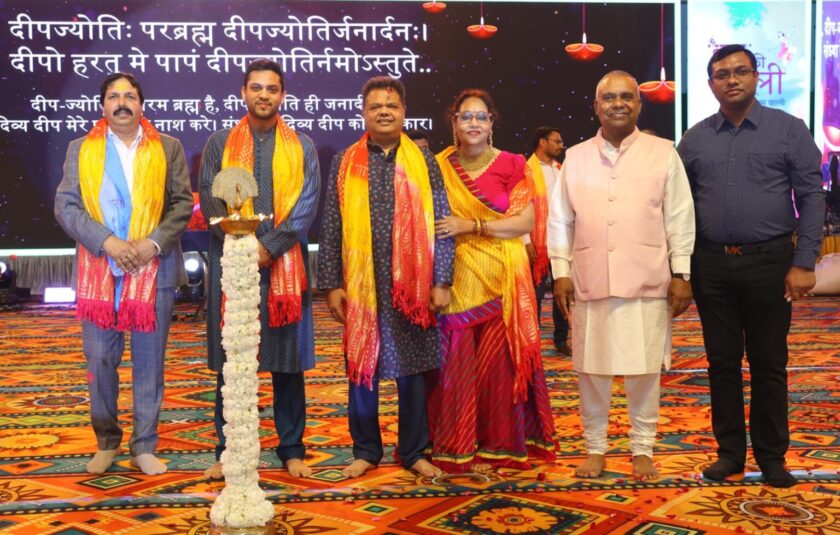Noida: As part of the ongoing transformation under the Smart City initiative, the metropolis is undergoing a substantial change, especially noticeable at night when it takes on a grand, almost ethereal charm. Among the many developments, one upcoming project aims to create a lasting tribute to the victims and heroes of the 26/11 terrorist attack in Mumbai. A proposed 100-foot memory wall on Delhi Road will honor the lives lost and the bravery of the security forces, embodying the spirit of resilience that emerged from one of India’s darkest chapters. The memory wall, slated for construction near the Reliance Pump, will serve as both a memorial and a powerful reminder of the events of November 2008.
Project Highlights and Purpose
The memory wall is designed to preserve the legacy of 26/11 for generations to come. This project will be a permanent testament to the strength and courage of the people who stood against terror. Municipal Commissioner Divyanshu Patel, who has approved the project, highlighted that the wall would also showcase the bravery of the Mumbai police, especially the officers who apprehended Ajmal Kasab, the only terrorist taken alive. Kasab was later tried, convicted, and hanged, but his capture became a pivotal moment in the country’s response to terrorism. This wall will serve as a symbolic bridge between past sacrifices and future resilience.
Design and Symbolism
The design for the wall has been carefully crafted to both honor and educate. At 100 feet, the wall will include an artistic rendering of the Taj Hotel, a central site during the attack, as well as other elements depicting the police officers’ courage. Each detail will remind visitors of the sacrifices made by first responders, the armed forces, and civilians alike.
The wall will serve as a solemn educational experience, bringing together the historical account of the attack with messages that encourage resilience and strength in the face of adversity. The night-time view of the city, already transformed under the Smart City project, will be further enhanced with the subtle illumination of the wall, creating a space for reflection and remembrance.
Background: The 26/11 Mumbai Attack
On November 26, 2008, Mumbai was bustling with its usual vigor. However, that evening, ten heavily armed terrorists launched a coordinated assault, targeting several key locations across the city. The Taj Mahal Palace Hotel, Chhatrapati Shivaji Railway Terminal, and the popular Leopold Café were among the primary sites hit. Over 160 people lost their lives, and more than 300 were injured in the gruesome attacks. The assailants, who were members of the Pakistan-based group Jaish-e-Mohammed, brought terror and destruction to the heart of India’s financial capital.

In the midst of the chaos, a courageous team of police officers managed to capture Ajmal Kasab, providing the country with critical intelligence on the attack’s orchestration. Kasab’s arrest highlighted the bravery of the Mumbai police, who risked their lives despite being outgunned and outnumbered. His capture remains a landmark moment, symbolizing the triumph of resilience over fear.
Approval and Next Steps
With the design and location finalized, Commissioner Patel has given the green light to proceed. The wall’s construction will soon begin, aiming for swift completion. The wall will be situated on Delhi Road, a high-visibility area, ensuring that the legacy of 26/11 is preserved prominently in the cityscape. This project is expected to become a key landmark, drawing both locals and visitors to reflect on the impact of the 26/11 attacks.
A Landmark of Remembrance and Resilience
The Smart City initiative has redefined urban landscapes across India, bringing advancements that go beyond infrastructure. This memory wall on Delhi Road will stand as a tribute to courage and a stark reminder of the resolve required to confront and overcome terror. In honoring the past, the city paves the way for a future built on resilience and strength, carrying forward the lessons learned from a tragic event in India’s history.
In a world that moves forward quickly, the memory wall will ensure that the lessons of 26/11 remain alive, honoring the memories of those who fell and those who stood in defiance of terror.









